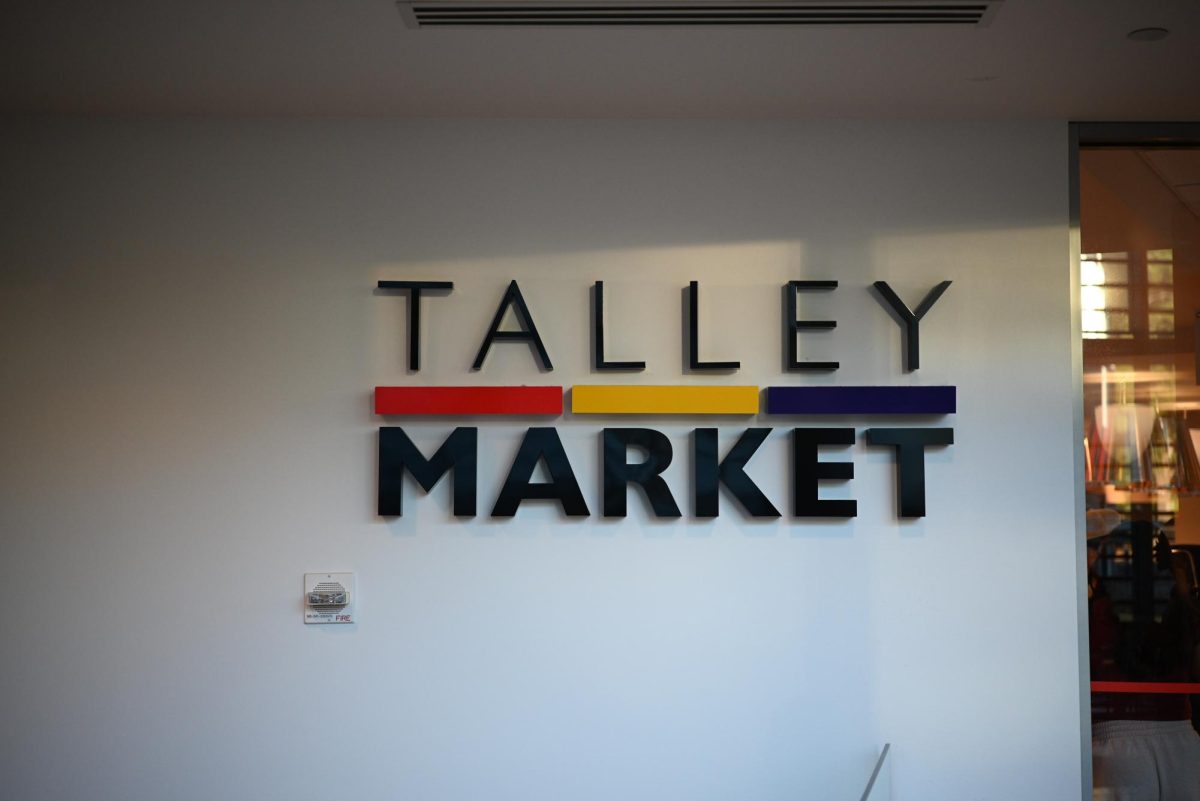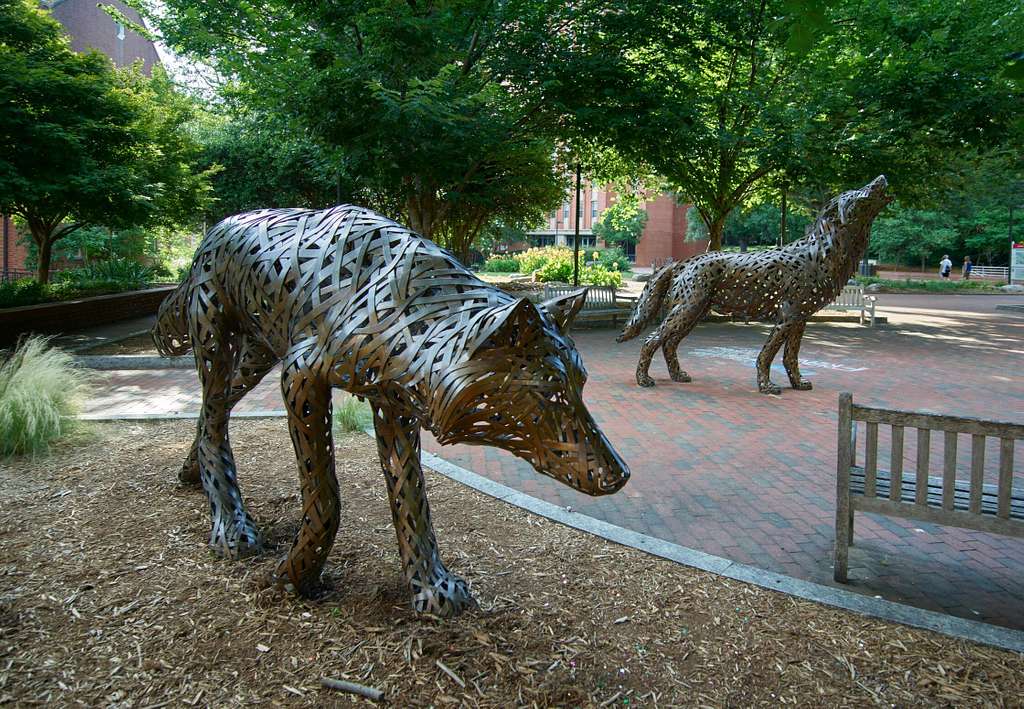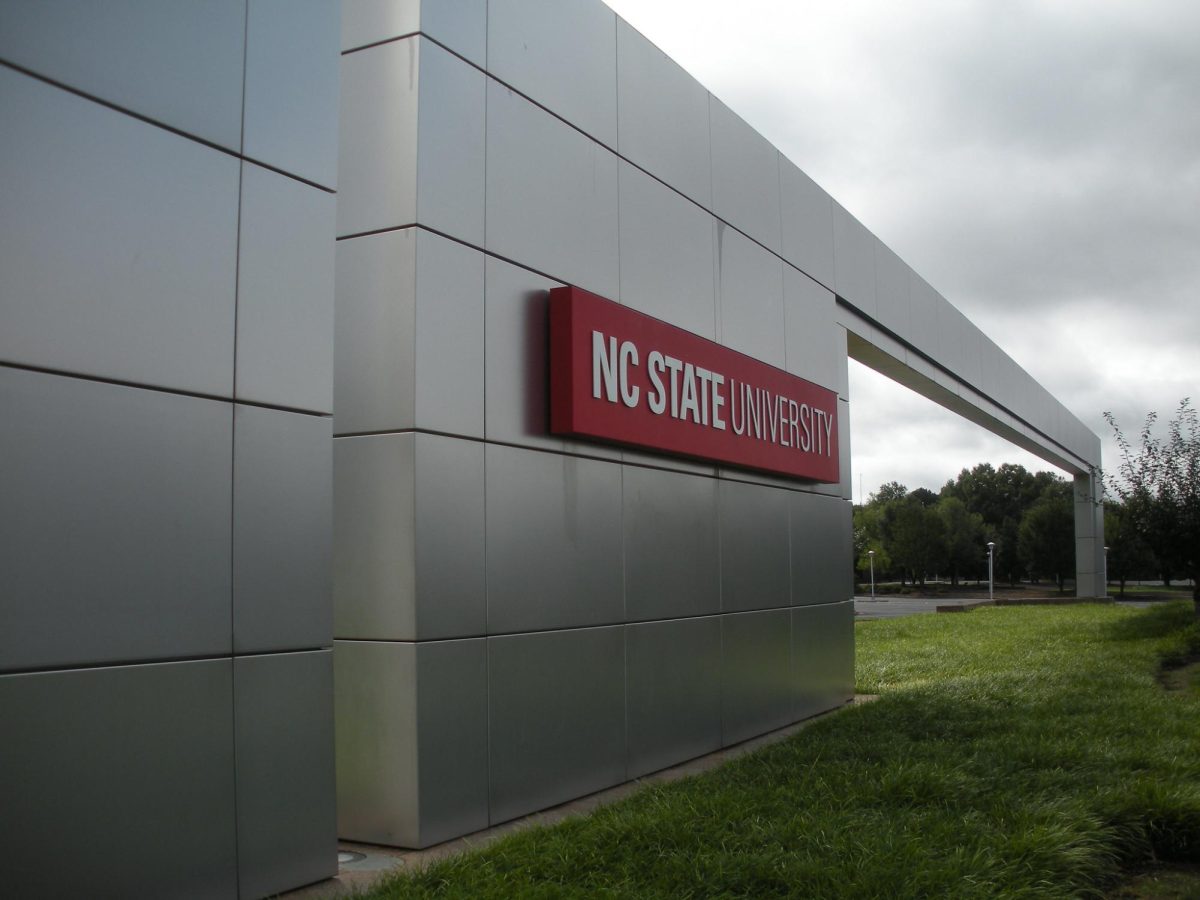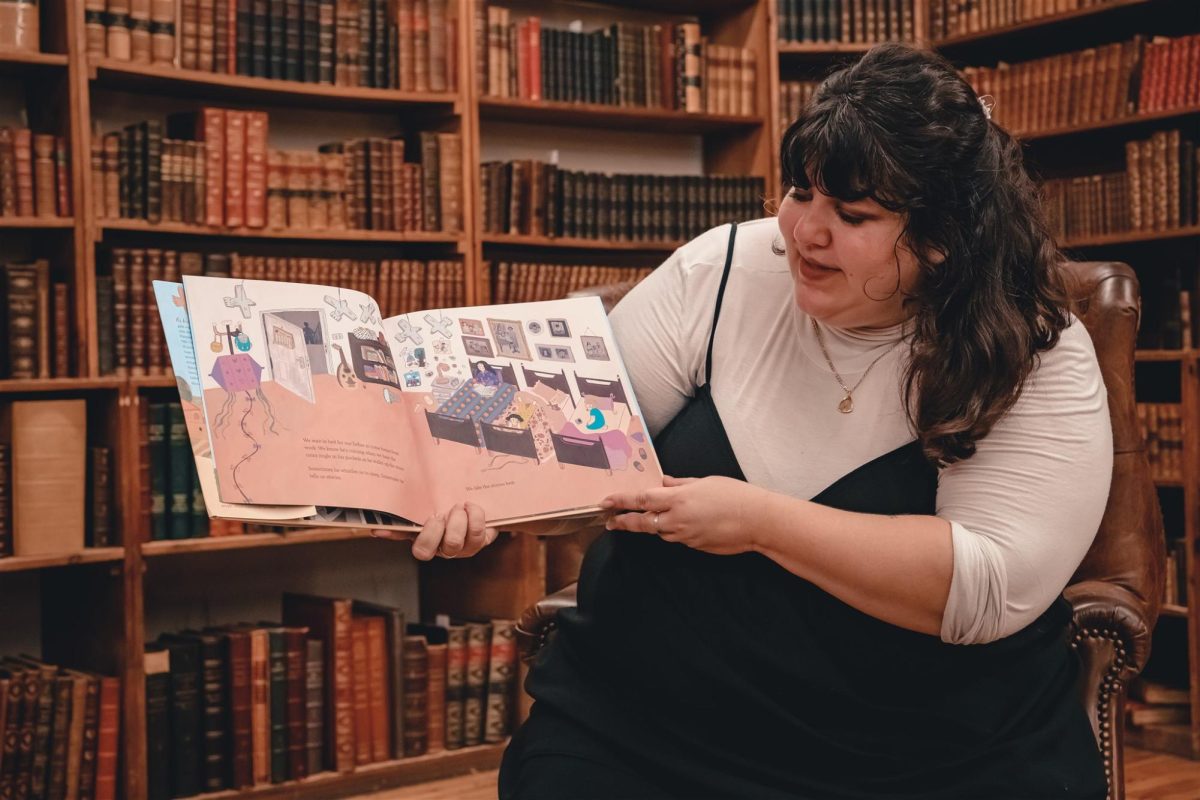Chris Hart-Williams
Editor-in-Chief
The office of Multicultural Student Affairs’, MSA offices of Native American, African American and Hispanic/Latino Student Affairs unite on Wednesday for the first combined Symposium, the 2015 Symposium for Multicultural Scholars.
Since 2010, the summer educational and transitional experience for incoming first-year students has been offered separately through each of MSA’s offices.
The first Symposium was held in the summer of 1983 to enhance the experiences of African-American students at NC State and to address concerns about retention and successful advancement.
In conjunction with the creation of the Native American Student Affairs came the Native American Symposium in August 2001. The Hispanic/Latino Symposium was funded in August 2010 along with several other initiatives through a $50,000 Semillas Grant awarded by Excellencia in Education. Both Symposiums mimicked the purpose of the African-American Symposium, according to the respective cultural/historical experience.
Its purpose is to create a sense of community for first-year students and maximize their academic success a undergraduates while encouraging multiculturalism.
Each of the Symposiums offered first-year students supportive sessions relating to identity and cultural experiences.
Interim director of MSA, Jennifer Brown, welcomes the new combined Symposium model, she said the change offers incoming students the same experience as before.
“What we are doing is we are reuniting and bringing our three communities together for Symposium,” Brown said.
Many of the cultural pieces incorporated within the separate Symposiums will be present in the new one.
“We are creating an opportunity for students to be able to share who they are, but also have an opportunity to connect with other students outside of the community that they identify with,” said Brown.
The academic programming that was specific to each of the three Symposiums individually will now be combined into a single Symposium this summer.
Symposium’s interactive student sessions and activities include “Academic Success 101, “Navigating Your Way”, “Who Am I?”, “Orgullo Latino”, “GaDuGi” and the MSA Cultural Showcase.
“Those students that participate in Symposium year after year statistically show and prove to be higher GPAs than those who do not,” said Assistant Director of Hispanic Student Affairs Nelson Santiago.
On average, students who attended Symposiums last year tended to have higher GPA’s than those who did not attend, according to MSA’s annual analysis of academic performance.
African American students who attended had an average cumulative GPA of 2.96, and 2.92 for non-attendees. Hispanic and Latino students who attended Symposium averaged a GPA of 3.279 and those who didn’t had an average of 3.132.The cumulative average GPA for Native American who attended last year was 2.69 for attendees and 2.59 for non-Symposium attendees.
Based on feedback from previous attendees, some changes have been made to make this year’s sessions are more valuable to students.
“One of the biggest pieces that we’ve changed is giving students more time for them to interact with their Symposium Counselors,” said Jasmine Omorogbe Assistant Director of African American Student Affairs. “A lot of times students said ‘they were so cool but we didn’t really get to meet them that much,’ so we are trying to build in a lot of team building time and time for them to really get to know and build strong relationships.”
Omorogbe said that by engaging and participating participants can expect to develop strong peer networks and mentor networks while at Symposium.
Words from 2015 Multicultural Symposium Counselors
“I look forward to making a connection with students personally because people encounter a number of students but if I touched one student that will make my heart smile at the end of the day,” said Symposium Counselor Gift Coker a senior majoring in bioprocessing science. “Knowing that I can go outside of Symposium and still see that student, know them by name and ask them how they’re doing and they be able to comfortable with me and know that we had made that connection, that’s what I look forward to is just connecting with at least a couple of students on a more personal level than just the couple of days of Symposium.”
Ryan Barnes a senior majoring in paper science engineering who attended Symposium as a freshman said he learned a lot about himself and his peers.
“I think it’s really a great opportunity because it prepares you. It built a sense of community within myself I didn’t previously have coming from high school, and the friends I met there are people I’m friends with today,” said Barnes.
Megan Codallo a junior majoring in agricultural science said developing relationships with attendees at her Symposium freshman year helped her make connections with other students she’s met throughout her time at NC State and academically.
“It really helped me academically succeed because of all of the tips they give you on how to do better in classes and how to take notes and stuff,” said Codallo.
“I look forward to changing someone’s perspective,” said Symposium Counselor Jakini Kauba, a junior majoring in biological sciences. “A lot of students that come in are surprised by how many scholars are in the room that look like them and I can relate to that my first year. If I can help change someone’s perspective in that way then I think that’s a really good way to make an impact.”
“I think that my Symposium experience mirrored a lot of students, I wasn’t really excited about being at NC State or really about Symposium and then when I got there I learned about so many resources that the campus had to offer me and other things, it made me excited about being a student at NC State,” said Symposium Counselor Stephanie Tate, a sophomore majoring in political science. “When I came in I knew I was going to be that student that was in their room all the time, not involved in anything, just here to get my degree. When I got to see other student leaders that were involved and still doing well in their classes it made me excited to be a student here.”
“My symposium freshman year was really awesome because it was the first time that I met other people who identified like me. I’ve always had sort of an identity debate if I’m more American or more Colombian. It was the first time I was able to have that conversation in an open safe space,” said Jessica Gallo, a junior majoring in social work and Spanish.
“I hope that with Symposium the students get a chance to connect with other people who are like them culturally but come from different experiences and also get a chance to meet some of the student leaders on campus and see that there’s a community already established here for them and they’re welcome with open arms and that we’re doing the work we’ll eventually depend on them to do in the future,” said Jasmine Cannon a senior majoring in womens and gender studies.






